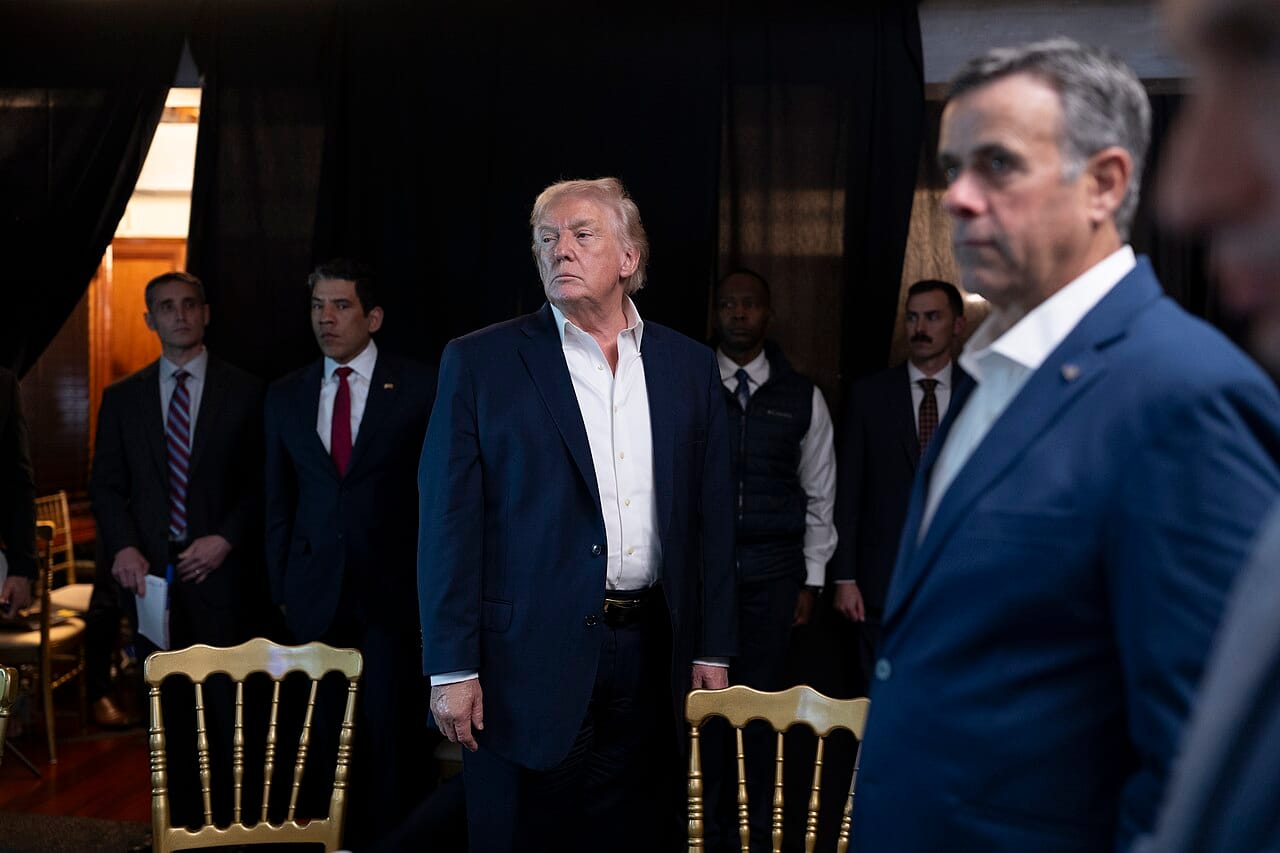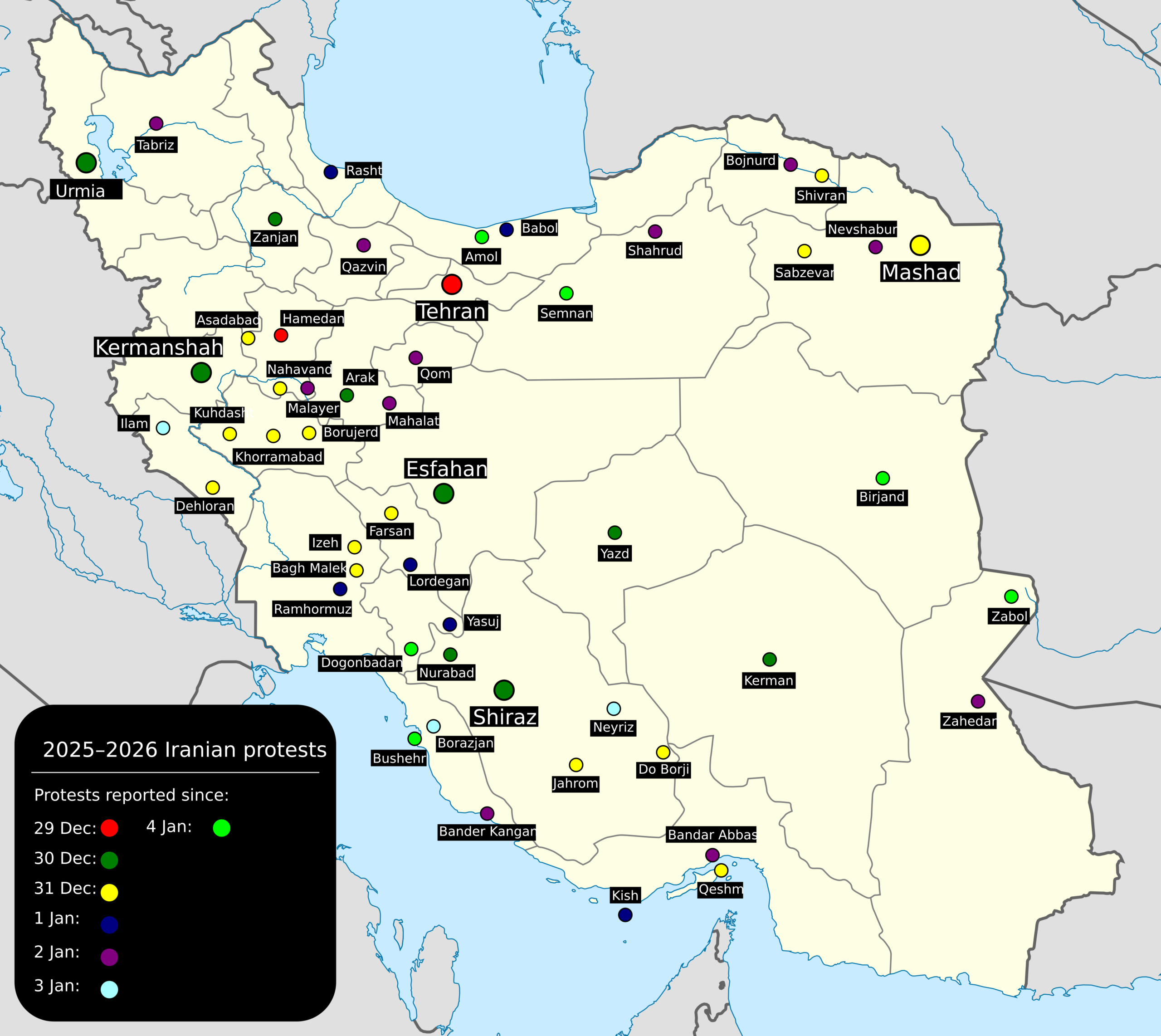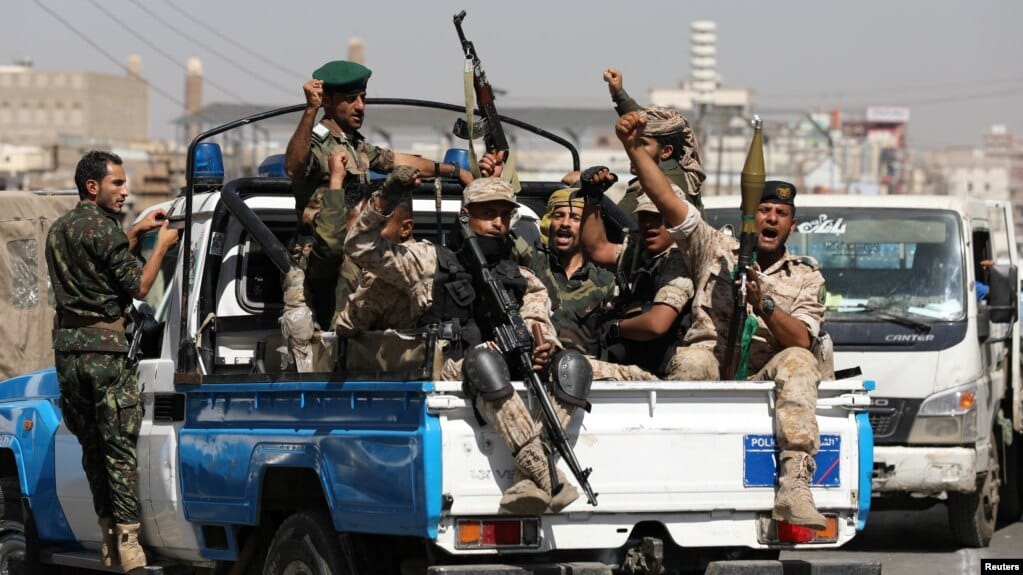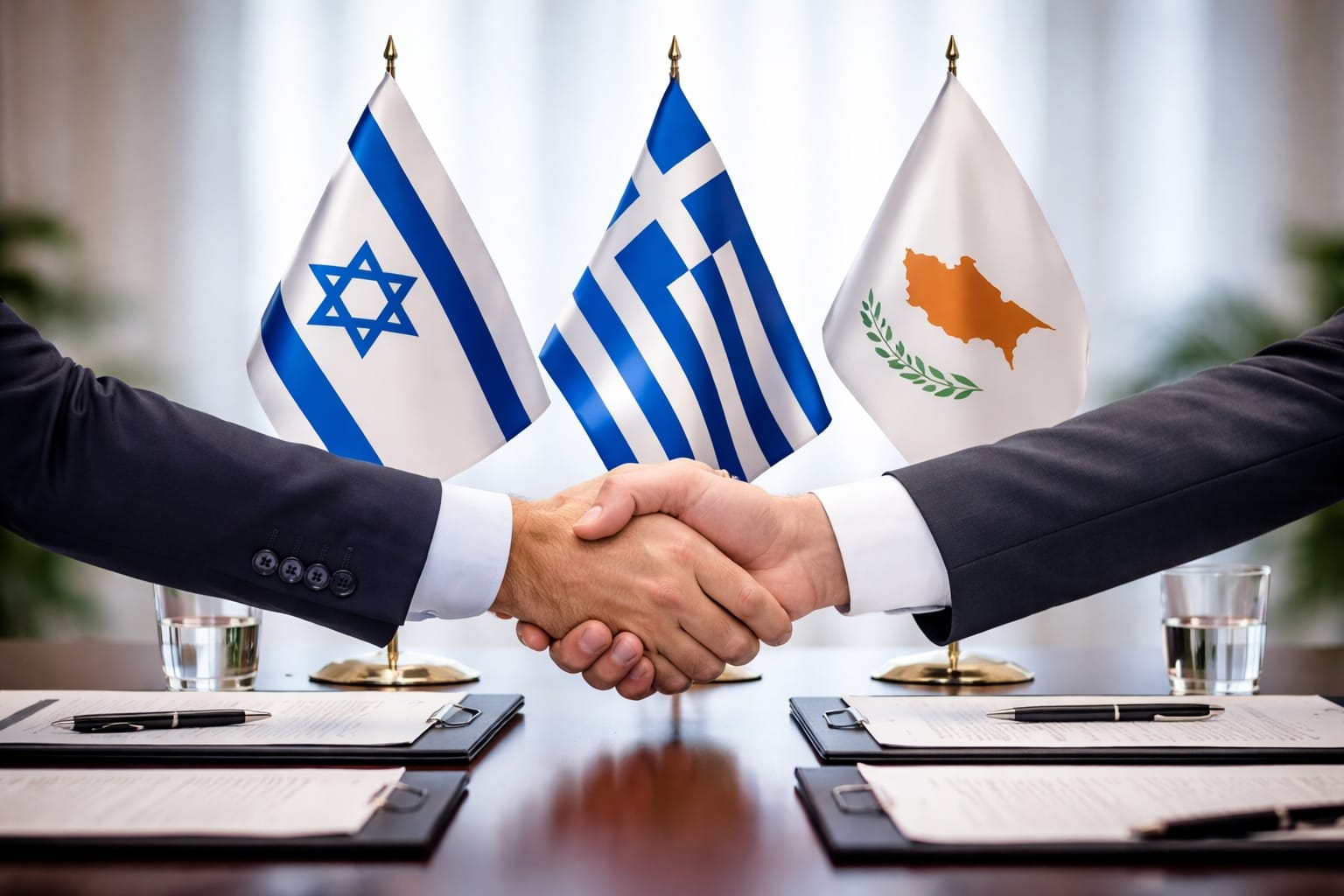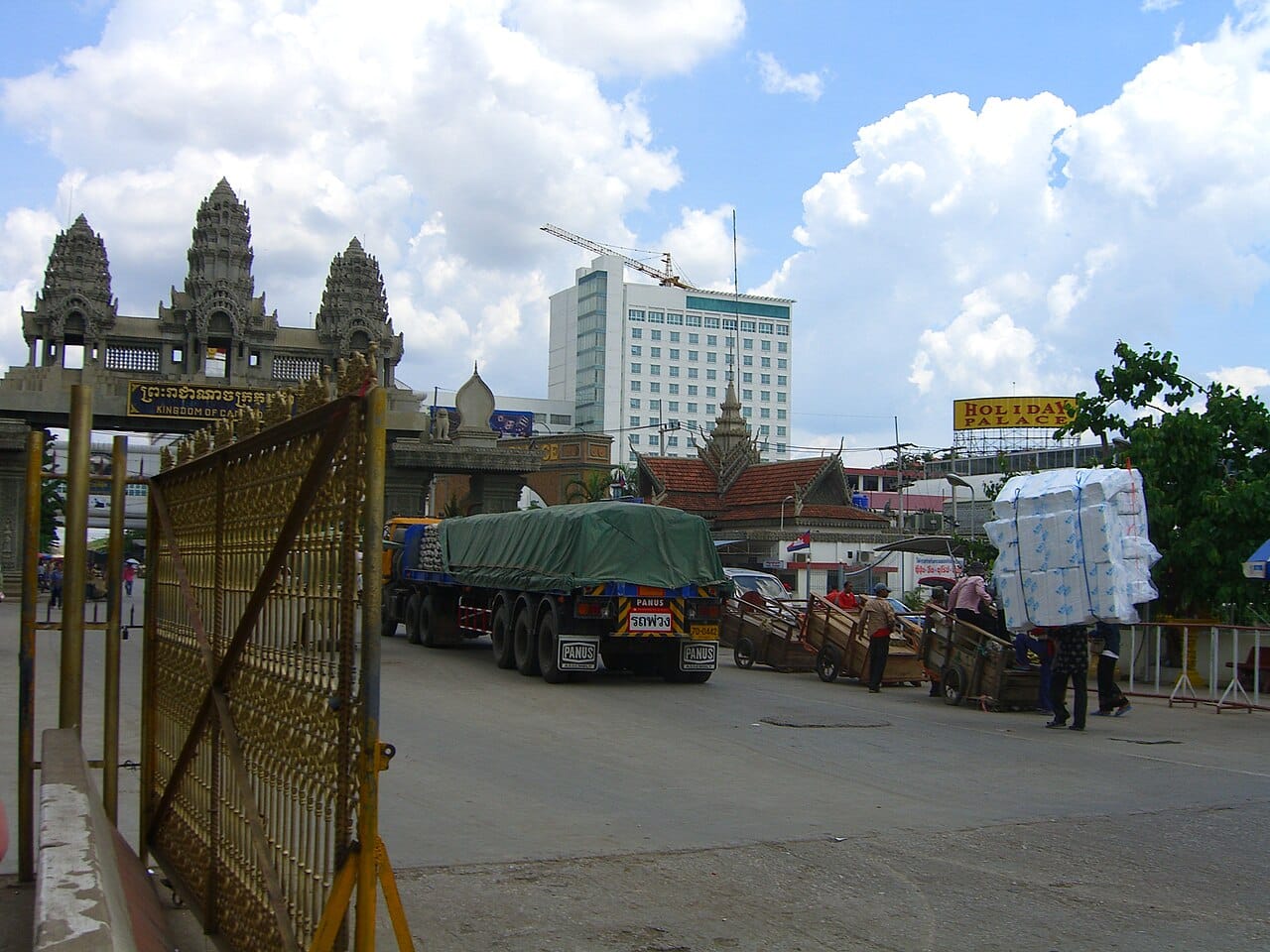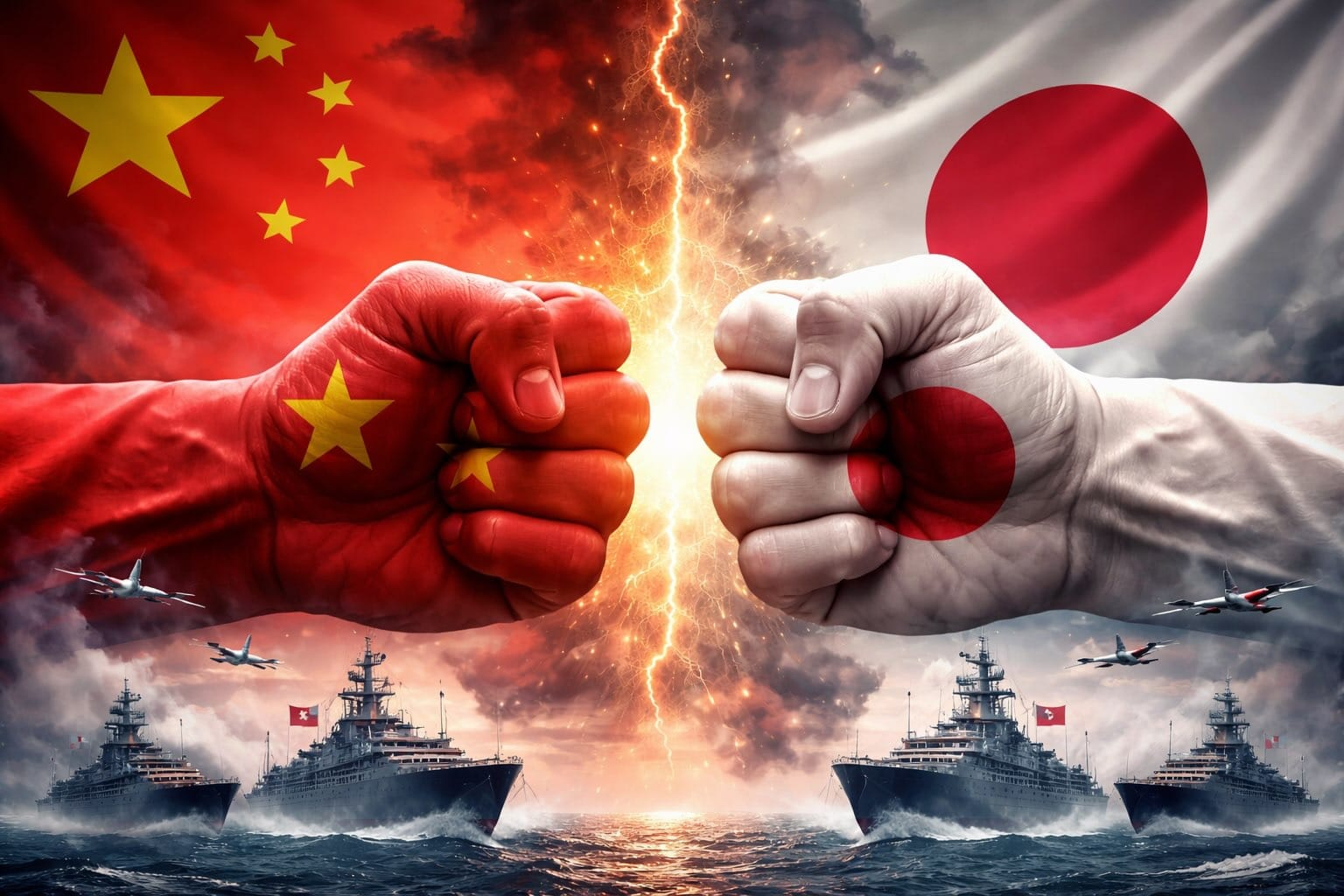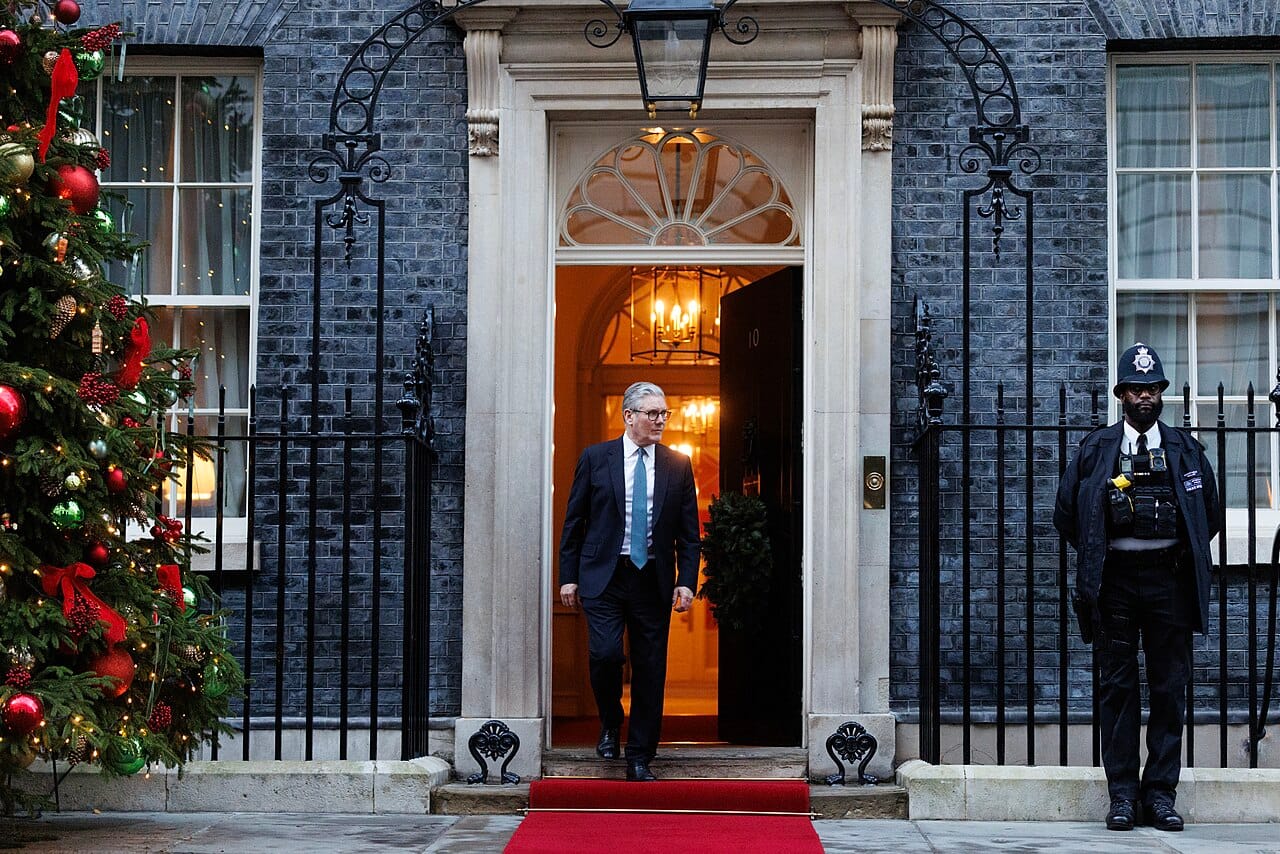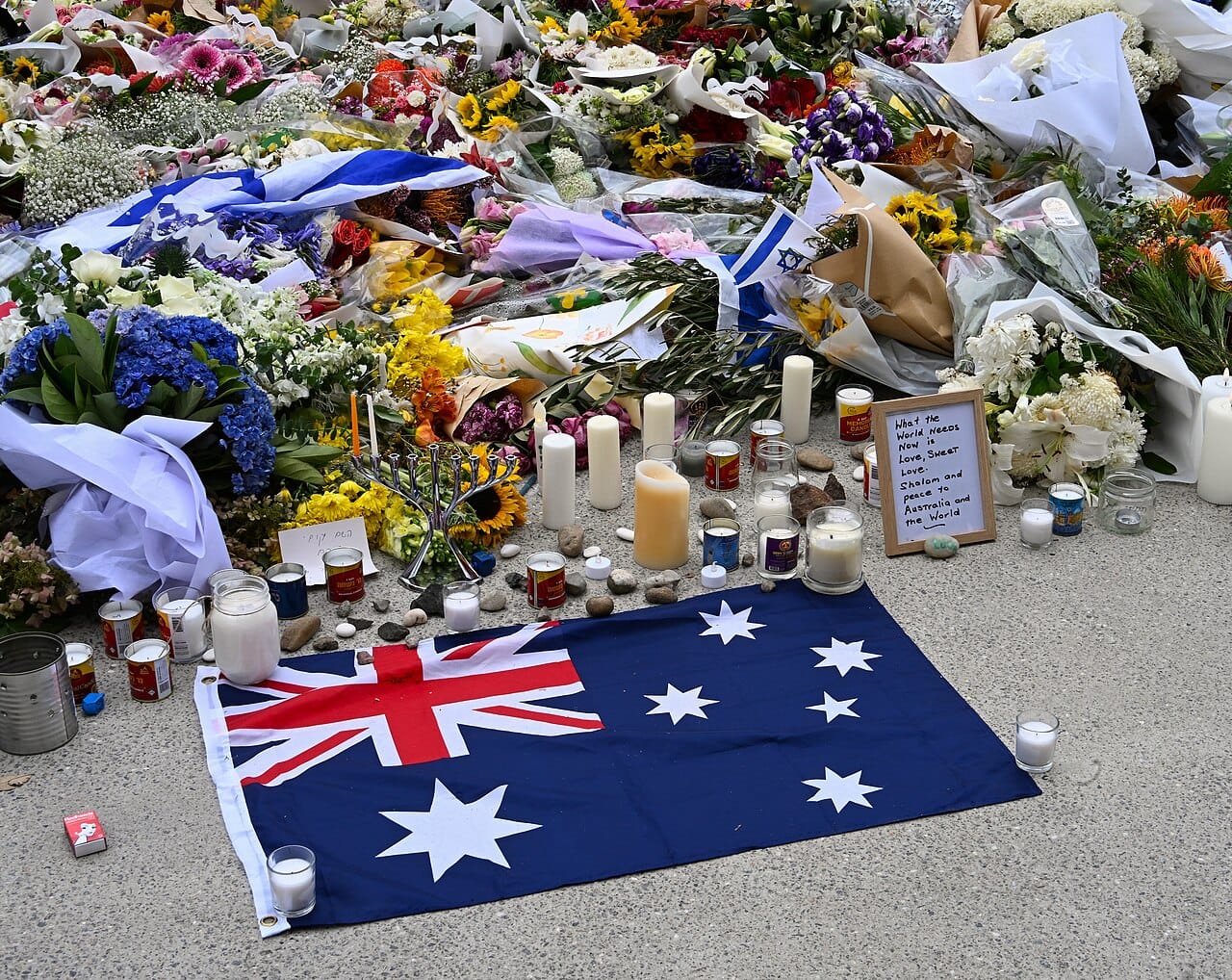In the early hours of January 3, 2026, U.S. Special Forces carried out a daring raid in Caracas, capturing Venezuelan President Nicolás Maduro and his wife. This significant military operation involved over 150 aircraft neutralising Venezuelan air defences to extract the couple. It marked a major shift in U.S. foreign policy. The raid was not spontaneous; it was the result of a long-term effort by the U.S. to oust Maduro, an authoritarian leader accused of serious corruption and drug-related crimes. President Donald Trump defended the action by labelling Maduro a criminal instead of a statesman, stating that the U.S. would manage Venezuela to help with a government transition.
Archives
Economic Collapse and Political Revolt: Iran on the Edge
Since the last week of December 2025, Iran has seen its largest uprising in years. The immediate cause was the collapse of the national currency, the rial. Shopkeepers in Tehran’s Grand Bazaar shut their stores in protest, sparking a nationwide demand for political change. What started as an economic complaint quickly escalated into a direct challenge to the theocracy. The unrest spread to at least 78 cities and over 200 locations by early January 2026. This movement, met with harsh repression, has tested the regime’s stability.
BRICS 2026: Can India Reclaim Multilateralism?
India’s acceptance of the BRICS presidency in 2026 occurs during a period characterised by substantial transformation in global politics. The global economy persists in a state of instability as a consequence of resurgent protectionism, nationalist trade policies, and increasing geopolitical tensions. The tariffs, threats, and unilateral actions undertaken by President Donald Trump have contributed to heightened instability in global market systems. Concurrently, developing economies within the Global South, grappling with debt-related pressures, energy market volatility, and disparities resulting from the post-pandemic context, are advocating for a more equitable global order.
Yemen is No Longer About the Houthis
The Yemen war, which has lasted for over a decade, has shifted from a coalition effort against the Houthis to a conflict highlighting a growing divide between Saudi Arabia and the United Arab Emirates (UAE). What started as a coordinated effort has turned into a struggle for influence, territory, and strategic gain, with Yemen as the primary battleground.
The Sokoto Strike: A New Front in the United States’ War on Terror
In the early hours of December 25, 2025, a series of Tomahawk cruise missiles launched from an American warship in the Gulf of Guinea flew north over West Africa. Their target was not a typical base for jihadism in the Middle East but camps in the remote Bauni forest of Nigeria’s northwestern Sokoto State, near the Niger border. This unprecedented U.S. military strike, approved by President Donald Trump and conducted with Nigeria’s consent, aimed at militants connected to the Islamic State (ISIS). It marked a dramatic start to a new and complex front in the global fight against terrorism, highlighting the troubling shift of jihadist violence into sub-Saharan Africa.
The Israel-Greece-Cyprus Military Pact and Regional Power Shifts
The Eastern Mediterranean has become the centre of a significant geopolitical shift. This change is marked by the recent formalisation of a military cooperation plan between Israel, Greece, and Cyprus. Signed on December 28, 2025, this agreement for 2026 establishes a framework for joint exercises, training, strategic discussions, and crisis response among the three countries, which share strategic interests and regional goals. This pact comes amid ongoing conflict in Gaza and rising tensions with Iran. It signals a clear effort to strengthen a strategic partnership that could affect security and energy dynamics in a volatile region.
Why are Thailand and Cambodia Fighting at the Border?
Thailand and Cambodia’s border clashes in December 2025 represent a serious increase in their long-standing territorial dispute. This flare-up was ignited by mutual accusations of ceasefire violations and led to airstrikes, ground assaults, and severe civilian suffering. The conflict has its roots in unclear colonial maps concerning the Preah Vihear temple. The fighting resumed after a fragile U.S.-brokered truce from July fell apart amid landmine incidents and ongoing skirmishes. As of December 19, the fighting continued without resolution, displacing thousands and drawing international condemnation.
Can Asia’s Greatest Rivalry Step Back from War?
In the icy waters southeast of Okinawa, a Japanese F-15 pilot’s cockpit alarm issues a serious warning. A Chinese J-15 fighter jet has locked its fire-control radar onto the aircraft, a modern equivalent of pointing a loaded gun. In Tokyo, officials urgently summon the Chinese ambassador. In Beijing, state media threatens “severe consequences.” This incident on December 7, 2025, was not an isolated near-miss. It marked the latest and most concerning trigger in a diplomatic crisis that has pushed Asia’s two biggest powers to the brink of conflict, a situation both deny wanting but seem unable to escape.
United Kingdom’s Adrift in a Sea of Political Fragments
The United Kingdom, a nation whose name suggests unity, is facing a deep political breakdown. Barely eighteen months after Sir Keir Starmer’s Labour Party achieved a historic majority, the political scene has splintered into various factions, rebellious parties, and widespread public disappointment. The long-standing divide between Conservatives versus Labour has become irrelevant. Instead, we see a chaotic, multi-party contest where the governing party sits in third place in the polls, a rising nationalist right dictates the agenda, and the authority of the Prime Minister faces open challenges from within his own party. This situation is not just a minor setback for a new government; it marks a fundamental shift in British democracy, sparked by the upheaval of Brexit and intensified by global instability.
Bondi Beach Massacre: A National Trauma and a Global Warning
A place known for sun, surf, and carefree Australian summers was forever marked this week. On the evening of December 14, 2025, families gathered at Sydney’s Bondi Beach to celebrate the first night of Hanukkah. Suddenly, gunfire shattered the peaceful evening. In a brutal attack, two gunmen opened fire on a crowd of nearly a thousand people, turning a celebration into one of Australia’s darkest moments. Authorities have declared this a terrorist incident inspired by the Islamic State. The attack killed sixteen people, including a ten-year-old girl and an 87-year-old Holocaust survivor, and injured over forty more. Beyond the shocking numbers lies a deep national trauma that raises urgent questions about domestic security, rising hatred, and Australia’s role in an unstable world.
